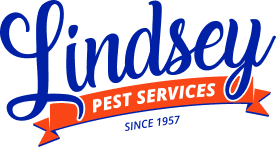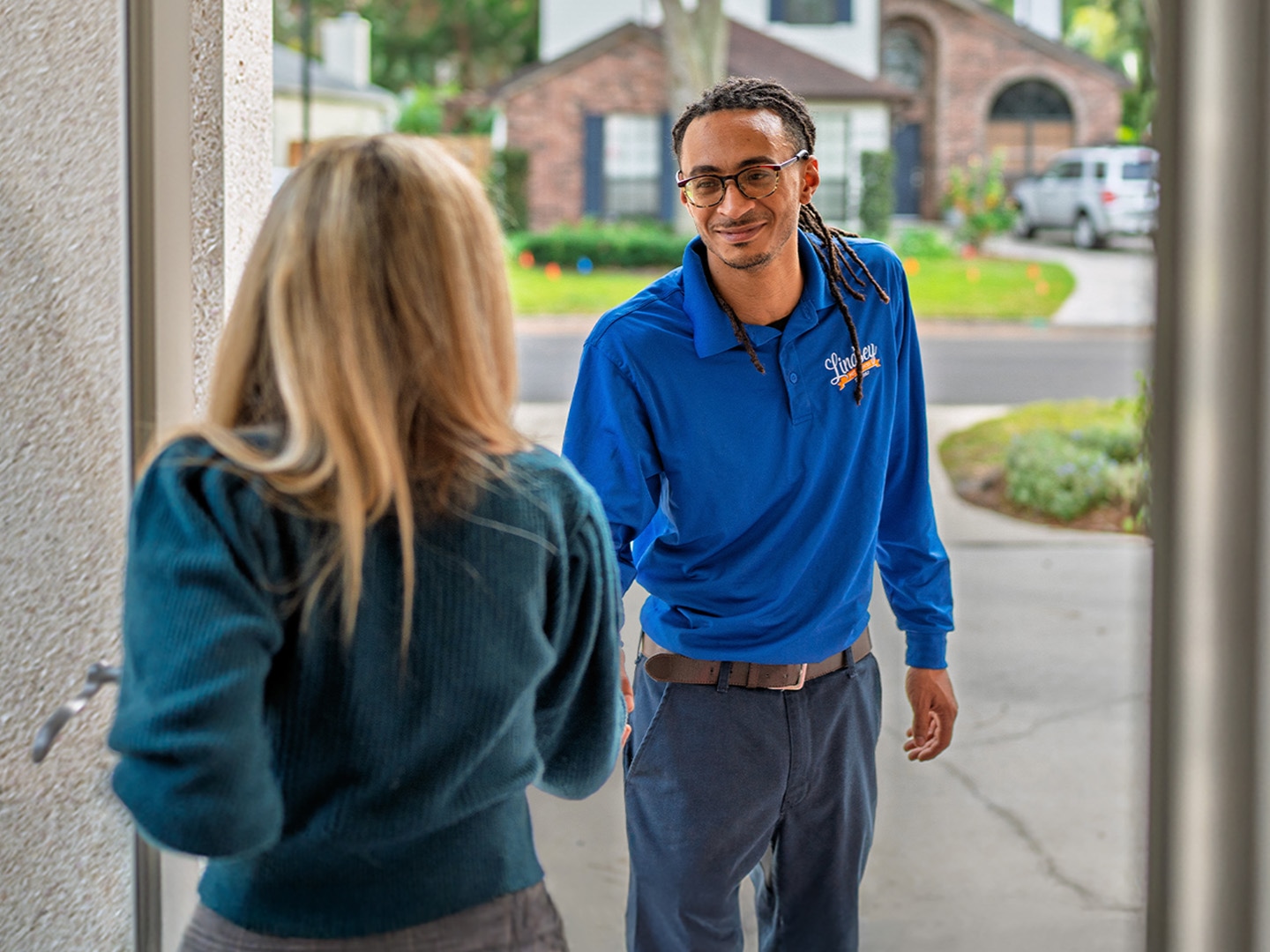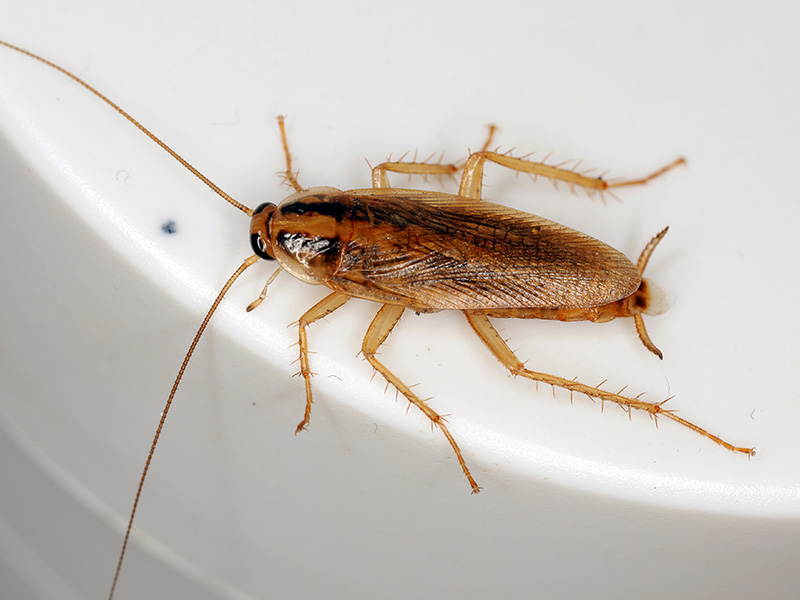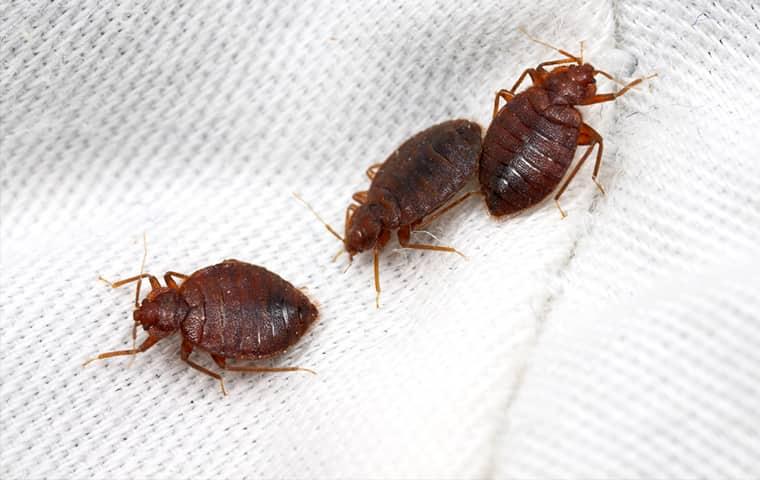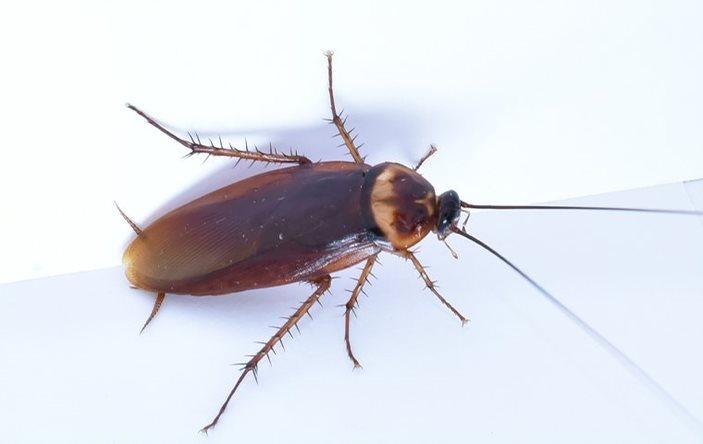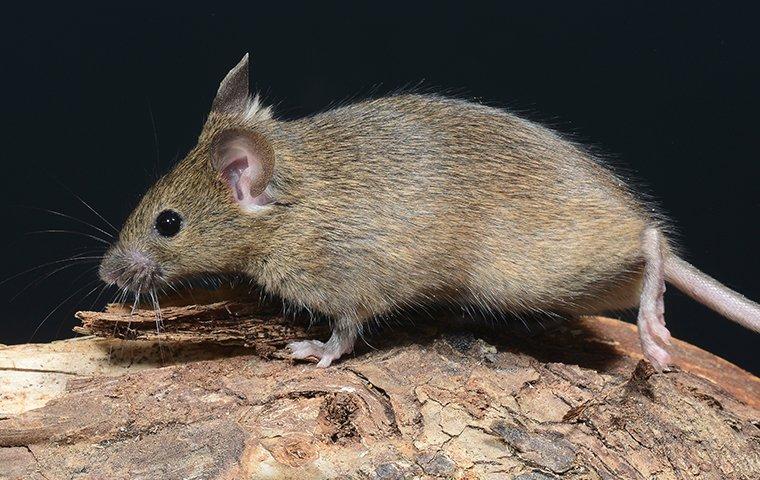Dangers Stinging Insects Pose in Jacksonville
Jacksonville, Florida, has ideal temperatures year-round-- great for stinging insects, that is. There are many kinds of stinging insects. Many of them look similar, with black and yellow stripes. These insects are pollinators and essential for the environment, but they can cause painful stings (with severe allergic reactions for some). Here are some common stinging insects in Florida.
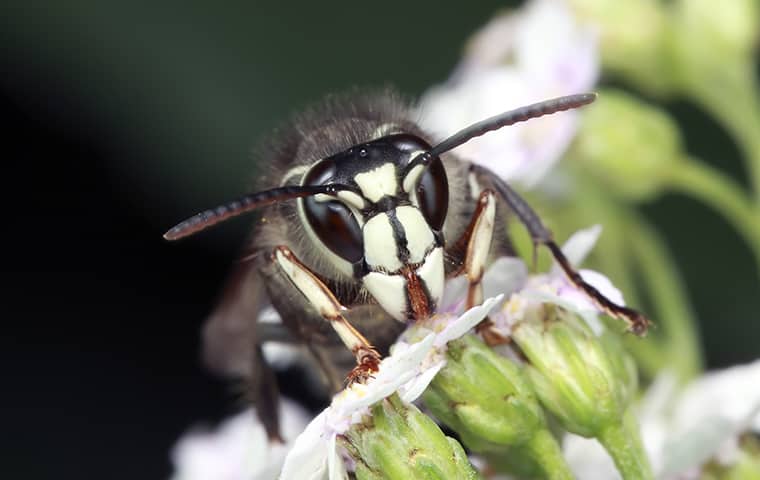
Honey Bees
Honey bees are necessary for the environment since they are one of the top pollinators. However, when a colony of bees makes their home on your property, they become more of a problem than a benefit. Honey bees can only sting once since the process of stinging results in their death. That doesn’t mean they won’t sting if they feel threatened or if you accidentally step on one or touch one. Rather than eliminating honey bees, it’s a good idea to have a professional pest control company relocate the colony so they can continue pollinating without putting your family at risk.
Carpenter Bees
Carpenter bees look similar to bumblebees, but they can cause damage to your house. Carpenter bees create tunnels and nests in wood. They often build nests in porches or the exterior walls of a house. Any unpainted wood is fair game for these bees. It’s crucial to stop carpenter bees before they cause damage to your home.
Wasps
Wasps are not often aggressive unless they are guarding a nest. And a single wasp can sting multiple times. This means that if a wasp feels threatened, it can cause a lot of harm, especially if it stings someone who is allergic. Wasps often build their nests near or even on homes. To avoid stings, the nest will need to be removed by a professional.
Yellow Jackets
Yellow jackets are one of the more aggressive species of stinging insect. They live in large colonies which can contain thousands of yellow jackets. They build nests in the ground or attics, along eaves, or on chimneys. They will attack if they feel you are too near their nest and can also sting many times. As is true with most stinging insects, they can cause severe allergic reactions in some people.
When Is Stinging Insect Season?
As alluded to earlier, the warm weather in Florida means that stinging insect season lasts longer. Luckily, Jacksonville has enough of a winter to get a short break from stinging insects. When the temperature drops into the low 50s, stinging insects grow dormant. If the temperature drops to freezing, stinging insects can die from the cold. Even though you won’t have many stinging insects during the winter in Florida, it’s a good time to prevent their arrival in the spring. Take steps such as painting or staining exposed wood, clearing your yard of debris or excess foliage, and sealing cracks and holes in the exterior of your house.
Once spring fills the air, wasps, bees, and yellow jackets become active once more. They begin nesting and searching for food. Some stinging insects reuse old nests while others build new ones. You’ll want to be watchful throughout the spring to stop stinging insects from building nests on your property.
In late spring and early summer, the insects will be at their highest levels of activity. Young stinging insects will be emerging from their nests in search of food and can appear in large numbers. If you have a colony nesting on your property, this is when you’ll notice them. These insects appear at picnics, barbecues, and parties. If ignored, stinging insect activity will continue throughout the summer and fall until the temperature drops again, forcing insects into dormancy.
How to Prevent Stinging Insects?
Whether you have a nest on your property or not, it’s a good idea to request professional assistance. Lindsey Pest Services offers one-time and year-round services for stinging insects. If you have a nest near your home, we can complete a one-time treatment for removal or relocation. If you want further protection and peace of mind, Lindsey Pest Services provides year-round treatment. This includes the removal of nests as well as routine inspections so that we can stop stinging insects before they move into your yard. What are you waiting for? Lindsey Pest Services can help keep your yard clear of stinging insects all year long.
